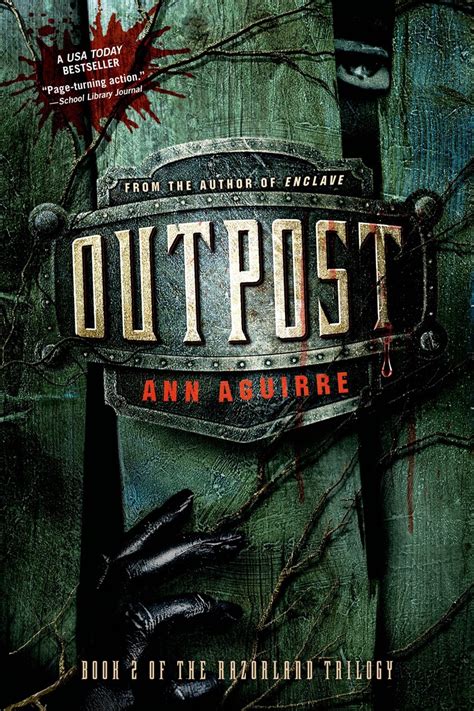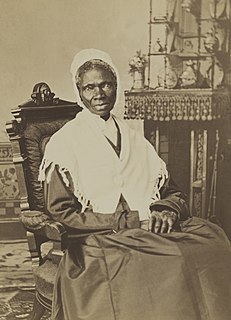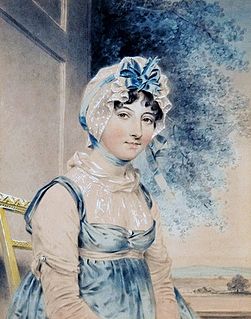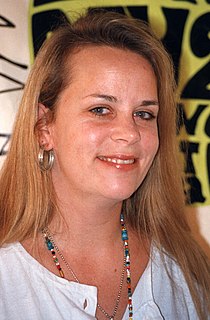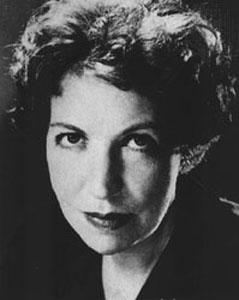A Quote by John Burnside
A man was defined, in my father's circles, by what he could bear, the pain he could shrug off, the warmth or comfort he could deny himself.
Related Quotes
And ain't I a woman? Look at me! Look at my arm! I have ploughed and planted, and gathered into barns, and no man could head me! And ain't I a woman? I could work as much and eat as much as a man - when I could get it - and bear the lash as well! And ain't I a woman? I have borne thirteen children, and seen most all sold off to slavery, and when I cried out with my mother's grief, none but Jesus heard me! And ain't I a woman?
And the rules were so clear, you could not deviate from that all. And I think it especially damaged my sisters because there was nothing they could do to get my father's attention, to win his approval. They could not play sports. They could not do these other things. They could not be tough. They could not be macho. And so I think they suffered just from sheer neglect if nothing else.
And yet, I found I could survive. I was alert, I felt the pain - the aching loss that radiated out from my chest, sending wracking waves of hurt through my limbs and head - but it was manageable. I could live through it. I didn't feel like the pain had weakened over time, rather that I'd grown strong enough to bear it.
I don’t know who my parents were. I know nothing about my inheritance. I could be Jewish; I could be part Negro; I could be Irish; I could be Russian. I am spiritually a mix anyway, but I did have a solid childhood fortunately, because of some wonderful women who brought me up. I never had a father or a man in the house, and that was a loss...
The priest therefore saw what the anchorite could not. That God needs no witness. Neither to himself nor against. The truth is rather that if there were no God then there could be no witness for there could be no identity to the world but only each man's opinion of it. The priest saw that there is no man who is elect because there is no man who is not. To God every man is a heretic.
Sometimes you get there in spite of the route Losing track of your life and what it's about The road seems to know when to straighten right out... I could wonder if all of it led me to you I could show you the arrows and circles I drew I didn't have a map, it's the best I could do On the fly and on the run
Being in darkness and confusion is interesting to me. But behind it you can rise out of that and see things the way the really are. That there is some sort of truth to the whole thing, if you could just get to that point where you could see it, and live it, and feel it. I think it is a long, long, way off. In the meantime there’s suffering and darkness and confusion and absurdities, and it’s people kind of going in circles. It’s fantastic. It’s like a strange carnival: it’s a lot of fun, but it’s a lot of pain.
Who could deny that privacy is a jewel? It has always been the mark of privilege, the distinguishing feature of a truly urbane culture. Out of the cave, the tribal teepee, the pueblo, the community fortress, man emerged to build himself a house of his own with a shelter in it for himself and his diversions. Every age has seen it so. The poor might have to huddle together in cities for need's sake, and the frontiersman cling to his neighbors for the sake of protection. But in each civilization, as it advanced, those who could afford it chose the luxury of a withdrawing-place.

